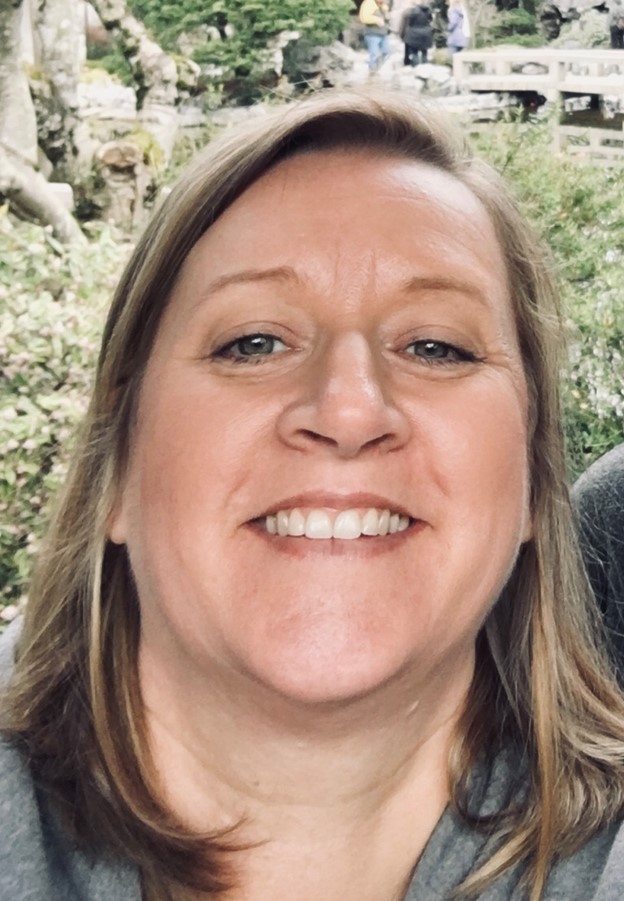Next Gen Navigator
Oregon’s Re-Humanized Assessment System
By Noelle Gorbett
Posted on 2022-05-26
Disclaimer: The views expressed in this blog post are those of the author(s) and do not necessarily reflect the official position of the National Science Teaching Association (NSTA).
Science is for everyone. Global challenges such as pandemics, natural disasters, and the increasing reliance on technological solutions and communication make high-quality science educational experiences imperative for all students. How do we support each student’s unique path to success while ensuring opportunity for all? In the report Call to Action, the National Academies’ committee calls for well-designed assessments and accountability systems for science that surface a complete picture of student learning that can be used to understand progress and inform improvement efforts. As a state leader, I am energized by what quality assessment and accountability systems can enable: reflection upon systems and practices, rich conversations with our community, and collaborative problem-solving that will result in high-quality opportunities and outcomes for every student.
In Oregon, we are fostering the implementation of a balanced, re-humanized assessment system that is shared between the state and local districts and schools. Re-humanized assessment intentionally places the learner at the center and recognizes that assessment is a process, not a singular event. We encourage assessment processes that help each student reach their potential by leveraging facets of student understanding to support learning, giving students ownership over their learning, and prioritizing descriptive feedback over summative scores and grades. Student-centered learning emphasizes the importance of strong teacher-to-student and student-to-student relationships. Students and teachers are working together to set learning goals and engage in authentic learning experiences.
In Oregon, we are re-humanizing our science assessment systems by intentionally shifting what we emphasize and measure to better align to three core principles:
- Classroom activities are paramount. We are positioning classroom-based assessment, in the form of ongoing formative assessment processes and interim assessments, as the center of a balanced assessment system. For example, building capacity for Clarify-Elicit-Interpret-Act learning cycles as a core element of science classrooms helps teachers and students monitor student progress toward learning goals.
- State summative assessments should mirror the most important shifts in science learning. Statewide summative assessments are a necessary component for gathering data to help direct resources and support; however, we know that they cannot tell the full story of learning in Oregon classrooms. To make the most of what state summative assessments can tell us and ensure that they are supporting the most appropriate decisions about resourcing and support, they must mirror the authentic, phenomena-driven, problem-based learning that we are calling for in the classroom. Oregon’s state science assessments are a series of performance tasks that ask students to make sense of interesting phenomena, with enough support within the assessment itself to ensure that all students can make their learning visible.
- Understanding student performance requires understanding opportunity to learn. Student assessment data often only tells part of the story: that of performance. Oregon has developed the Student Educational Equity Development survey to reveal the other, crucial part: that of opportunity. We ask students about what learning resources were available to them; how often they experienced phenomena-driven, hands-on learning; whether they see their identities represented in their learning materials; and whether they have someone to talk to at school and know that their teachers care about them. Though the pilot of the survey is still unfolding, a defensible hope is that the survey data will be used both locally and at the state level to monitor how well student needs are being met and where more resources are needed. Over time, these data can be used together with outcomes data to provide feedback on improvement efforts including professional learning.
Call to Action has come at a crucial time and has given voice to the need to prioritize high- quality science learning experiences for all students. Oregon’s vision for a balanced assessment system helps elevate the priorities named by the National Academies’ committee.

Noelle Gorbett is a science assessment specialist at the Oregon Department of Education. A graduate of Lewis and Clark Graduate School of Education & Counseling in Portland, Oregon, and of University of Nevada, Las Vegas, she is a former science classroom teacher, and Southern Nevada Science Teachers Association’s Teacher of the Year 2007–2008.
Note: This article is featured in the May 2022 issue of Next Gen Navigator, an e-newsletter from NSTA delivering information, insights, resources, and professional learning opportunities for science educators by science educators focusing on the themes highlighted in Call to Action for Science Education and on the Next Generation Science Standards and three-dimensional instruction. Click here to sign up to receive the Navigator.
The mission of NSTA is to transform science education to benefit all through professional learning, partnerships, and advocacy.


